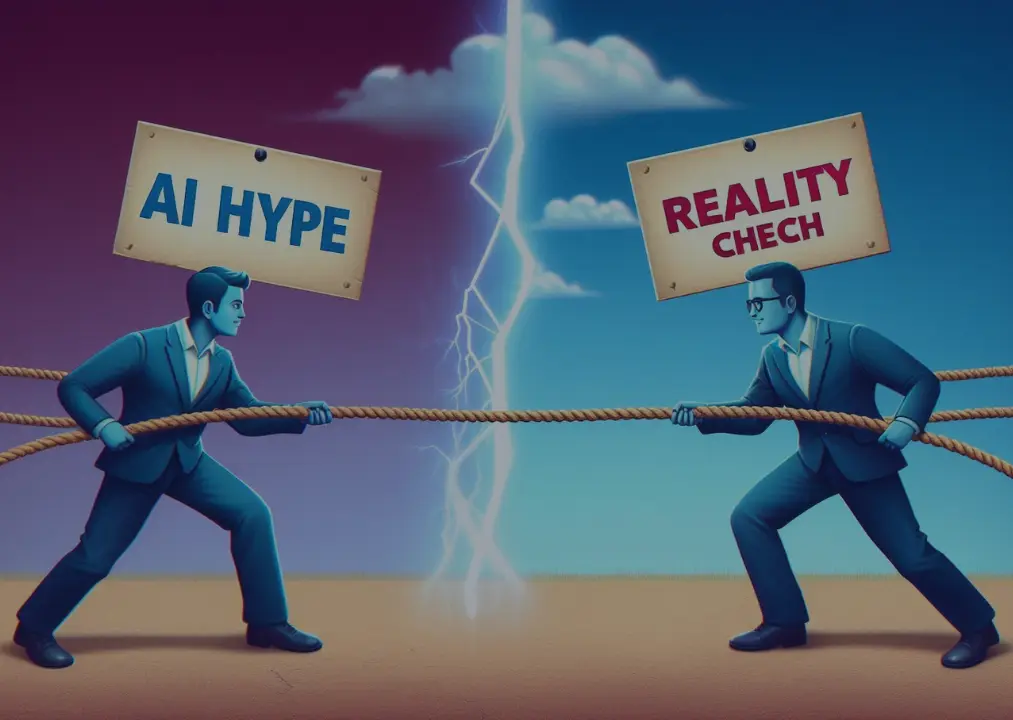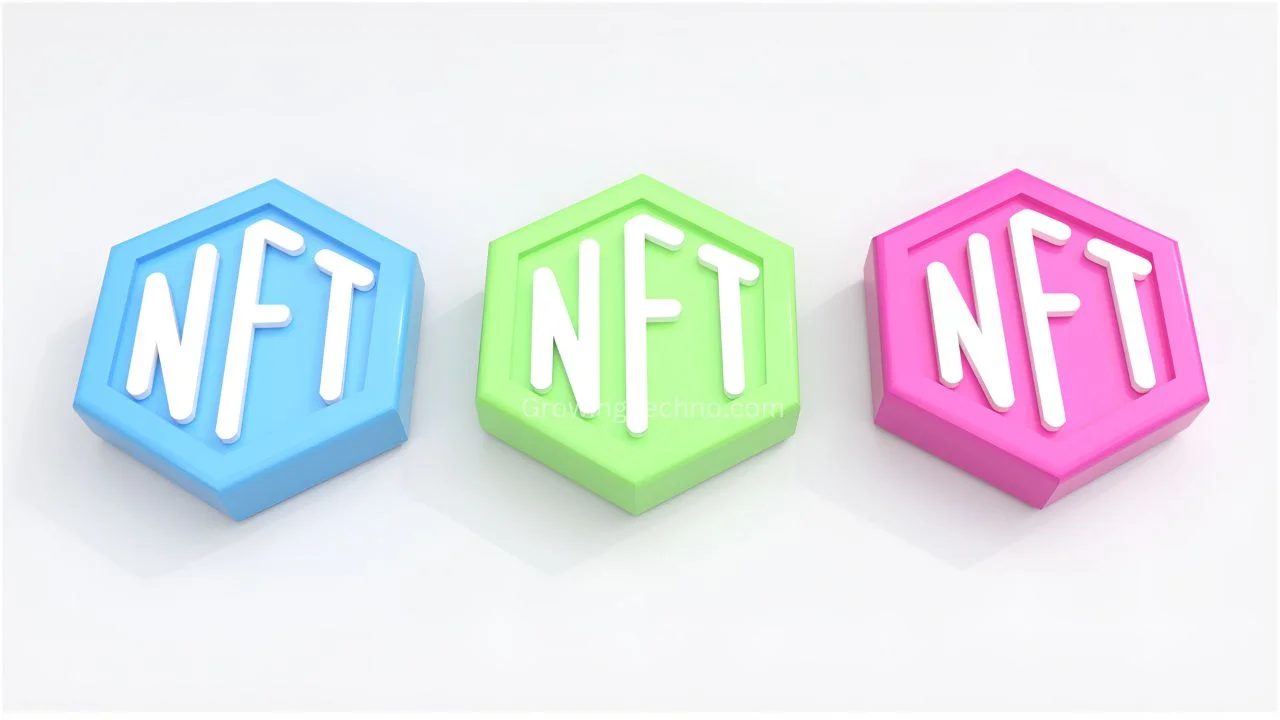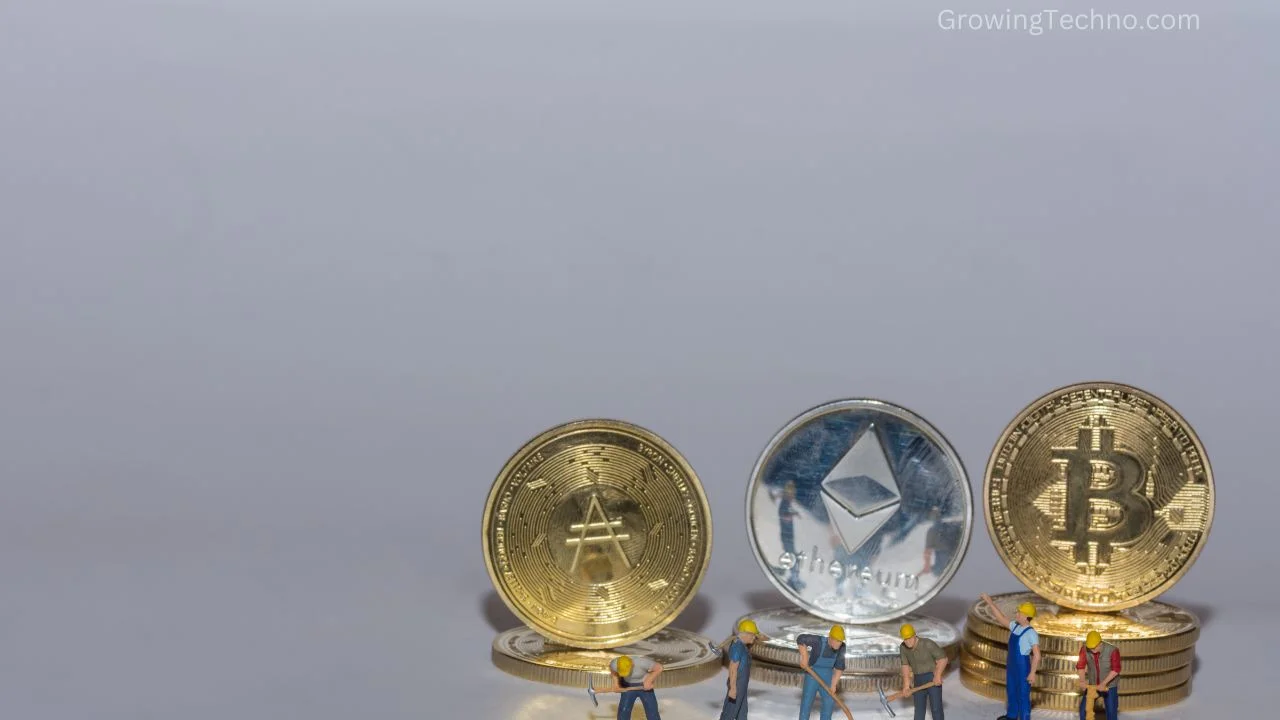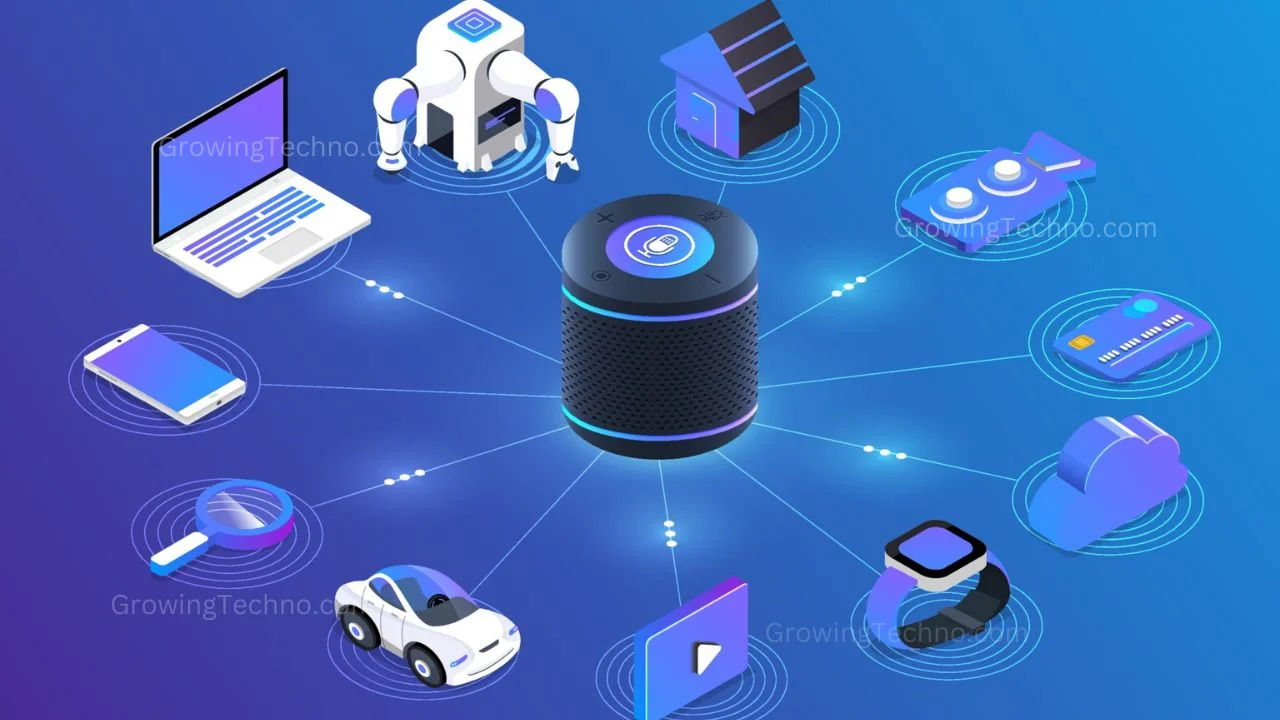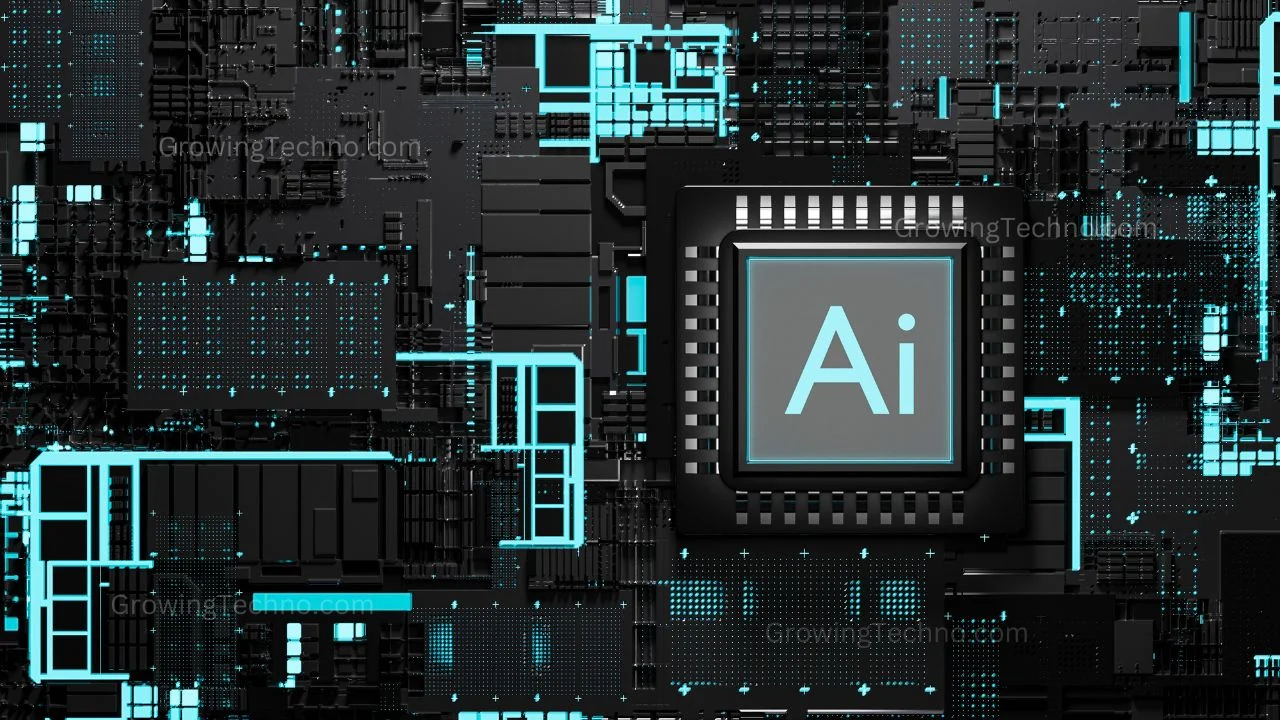
In the world of computing, a new era is dawning, one where the ordinary laws of classical physics no longer apply. Quantum computing, a field that blends the principles of quantum mechanics with computer science, is on the cusp of transforming our understanding of computation and unlocking unparalleled computational power.
The Quantum Difference
Quantum computers harness the unique properties of quantum bits, or qubits, which can exist in multiple states simultaneously. This fundamental departure from classical bits, which can be either 0 or 1, is what gives quantum computers their transformative capabilities.
Unraveling Cryptography
One of the most striking applications of quantum computing lies in cryptography. Traditional encryption methods, such as RSA and ECC, rely on the difficulty of factoring large numbers into their prime components. Quantum computers, with their immense parallelism, threaten to crack these codes in record time. This has prompted the need for new quantum-resistant encryption techniques to safeguard our digital infrastructure.

Drug Discovery at Warp Speed
Quantum computing is set to revolutionize drug discovery. The simulation of molecular interactions, which is essential for drug development, is an incredibly complex task for classical computers. Quantum computers can perform these simulations exponentially faster, drastically reducing the time it takes to discover new medicines and therapies.
Optimizing Complex Systems
Quantum computing shines in optimizing complex systems. From supply chain logistics to financial portfolio management, quantum algorithms promise to solve complex optimization problems efficiently. Businesses are eager to leverage this power to make smarter, data-driven decisions.
AI and Machine Learning Accelerated
Artificial intelligence and machine learning thrive on data processing and pattern recognition. Quantum computing’s ability to process and analyze vast datasets in parallel will supercharge AI applications. It promises to train more powerful and accurate models, driving advancements in fields like natural language processing and image recognition.
Breaking the Cryptanalysis Barrier
While quantum computers pose a threat to classical cryptography, they also offer a potential solution. Quantum key distribution (QKD) leverages the properties of quantum mechanics to create unbreakable encryption keys. This technology has the potential to revolutionize secure communications, making eavesdropping impossible.
Challenges on the Quantum Frontier
Despite its immense potential, quantum computing faces significant challenges. Qubits are highly sensitive to environmental factors, making error correction a formidable obstacle. Researchers are actively working on developing error-corrected quantum computers to overcome these limitations.
Quantum Computing in Practice
Companies like IBM, Google, and Microsoft are investing heavily in quantum computing research. They are offering cloud-based quantum computing services, allowing researchers and businesses to experiment with quantum algorithms and explore practical applications.
The Quantum Leap Forward
In conclusion, quantum computing is poised to unleash supercomputing’s power, revolutionizing industries, and reshaping technology’s future. From cryptography to drug discovery and optimization, its impact will be profound. As we navigate this exciting frontier, the possibilities for innovation and discovery are limitless.
Found this helpful? Share the wisdom!


